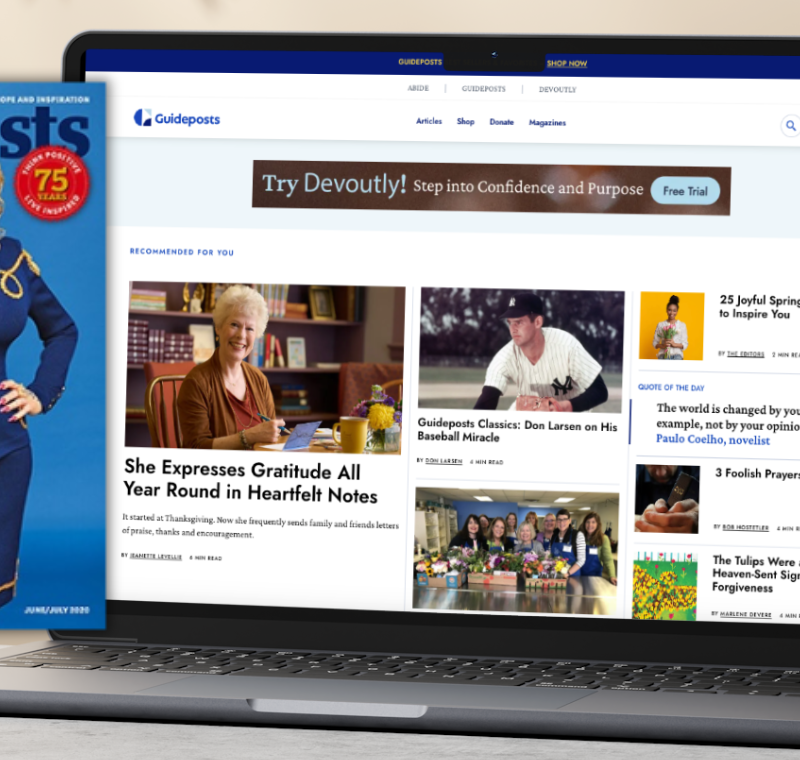What is the impact of cross-border publishing on the industry?
He will be at the FIPP World Congress in Toronto, Canada (13-15 October, with the Worldwide Media Marketplace on the 13th), where he will lead a panel discussion on internationalisation strategies with Hans Hamer (Axel Springer Automotive titles), Julie Hansen (Business Insider), Mike Lovell (Meredith Corporation) and David Woodley (Time Out International). Following the panel, delegates will also here from Politico, The Huffington Post and Buzzfeed how they approach international business (see the full programme here).
There is no doubt that the digital revolution has changed how businesses operate and broadcast across borders. It’s allowed content producers to move into new markets and territories much more efficiently and with less risk. However, it’s also created a more competitive marketplace and new trends in the types of cross-border partnerships taking place.
“The trends we’re seeing in the type of cross-border deals we’re involved with are really mimicking what’s going on across the industry. There has been a notable decline in cross-border print deals, for example, reflecting the decline in local magazine launches almost everywhere,” says Cabell. “Of course, dominant brands in certain categories, such as Vogue in fashion, still have cross-border print opportunities. But, as you might expect, there’s a clear trend towards digital-led or digital-only transactions. Often, when there’s a print element, the local publisher is publishing with lesser frequency – saving on expense but retaining the value of print as the best brand-building tool.
“We’re seeing different trends from segment to segment too,” he adds. “Segments such as news, business and finance, and entertainment/gossip – most with weekly or fortnightly frequency – have suffered a lot in print. The immediacy of the online world has made many magazine brands irrelevant in print format – so these brands have either changed or died.”
Cabell says that despite the opportunities being created for publishers to venture into cross-border markets, there remain many pitfalls and, as a result, there continues to be a tendency to do so via partnerships, joint ventures, licensing agreements and M&A activity etc.
“Even in the so-called borderless Internet world, there are a number of limiting factors to success that make it difficult to ‘go it alone’, as it were – factors such as: language; technology; content localisation; and monetisation of foreign traffic,” he says. “Generally, content of global interest and/or of an evergreen nature – in English – could be successful in generating audience. Ultimately, however, the business will need to localise the business model to reach a reasonable level of local profitability. That said, one notable exception is Meredith’s Allrecipes brand, the world’s leading recipe site with 16 local-language sites around the globe. Currently, the entire business is managed and operated out of its Seattle headquarters.
He says there are other pitfalls to going it alone, too: “The emergence of digital has enhanced the value of good content. Licensee publishers are ravenous for good content across all platforms, so licensor publishers need to be concerned about contributor rights – making sure they have rights to use content anywhere, anytime, and across all platforms. The old cross-border model of a magazine leading with print is long-gone. Nowadays, publishers need to be very clear about how they enter markets, and with whom.”
Cabell agrees, but adds he expects further changes around cross-border activity in the future.
“I believe that there will be fewer traditional players going forward, and that the ones who survive will be bigger and more dominant in their segments,” he says. “I also think we will see new players entering the market: entrepreneurs, digital companies, marketing/advertising companies and financial concerns, to name a few. Lastly, future cross-border activity will very much depend on what is working in each foreign market and what assets the outbound publisher could leverage … and, of course, the list of interested local partners.”
“In the magazine industry, we’re seeing more consolidation as a result of M&A activity,” he adds. “Burda, Bauer and Meredith have all been active with acquisitions, and we hear and sense that M&A activity will increase further in most media sectors. Giant cash-rich Internet players such as Facebook, Google, Alibaba and Tencent are paying huge premiums for companies that complement their existing businesses. And, we expect to see more cross-media activity as well – such as the recent deal that saw Verizon acquire AOL.”
* The FIPP Congress takes place from 13-15 October 2015 in Toronto, Canada (register here).
More like this
‘This is the future of cross-border licensing’ – John Cabell








